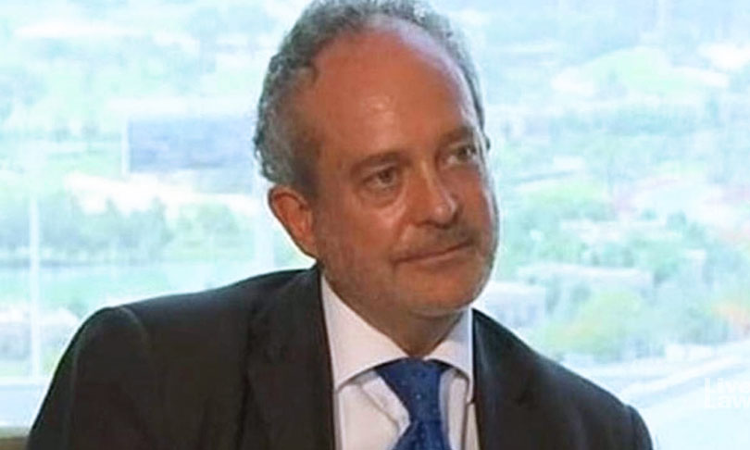The Supreme Court on Tuesday heard the plea filed by Christian James Michel, who is facing investigation by the Central Bureau of Investigation (CBI) and the Directorate of Enforcement (ED) in connection with Agustawestland case, challenging Delhi High Court's order of dismissing his bail pleas. The matter was heard by a bench comprising Chief Justice DY Chandrachud and Justice PS Narasimha....

